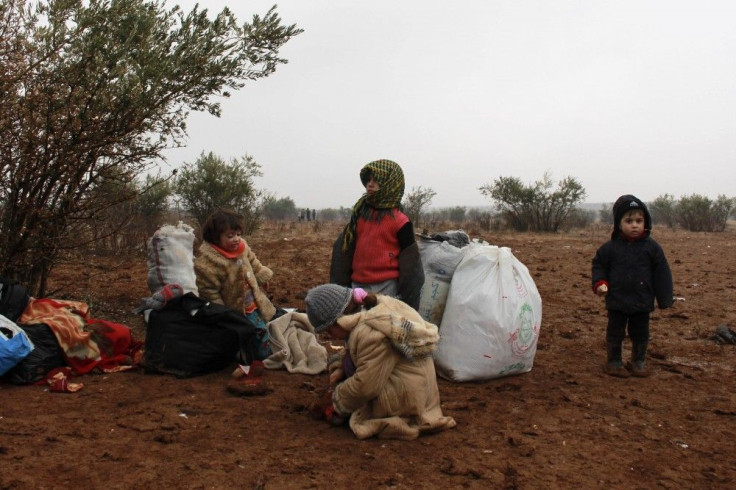New Zealand to Open Doors for Syrian Refugees' Resettlement

New Zealand will welcome around 100 Syrian refugees for resettlement as they flee their homeland due to the ongoing civil war. The New Zealand government announced that the refugees will arrive in in the second half of 2014.
According to Immigration Minister Michael Woodhouse, New Zealand issued the offer of up to 100 Syrian refugees after the United Nations' call for help amid the worsening crisis in Syria.
Mr Woodhouse said in response to UN's call, New Zealand is willing to make the offer of resettlement as part of its commitment to the international community and its humanitarian responsibilities. He added that New Zealands "annual refugee quota" includes areas reserved for emergency resettlement from large-scale conflicts.
The conflict in Syria has escalated from peaceful protests against the country's president, Bashar Assad, in March 2011. Since then, the protests turned into a sectarian civil war which killed over 130,000 people.
The Syrian president has vowed to comply with the UN resolution to surrender the country's chemical weapons and agreed to their destruction.
In a unanimous vote, the United Nations Security Council has decided to shut down Syria's chemical weapons programme in a breakthrough move that marked the end of the Council's paralysis since the beginning of March 2011 when the Syrian conflict began.
The civil war in Syria has forced a third of the country's population of 23 million, including the two million Syrians who sought refuge in nearby countries.
The 100 Syrian refugees coming to New Zealand will undergo security assessment, interview and screening. Those who will pass the test will start a resettlement course at the Mangere Refugee Resettlement Centre for six weeks, according to a report by the Herald.
New Zealand has contributed $12.5 million to aid Syrians who were displaced by the conflict which has been going on for three years. Part of the funds was coursed through UNICEF relief and operations in neighbouring countries like Lebanon and Jordan. Children from displaced families were given health and education services.





















